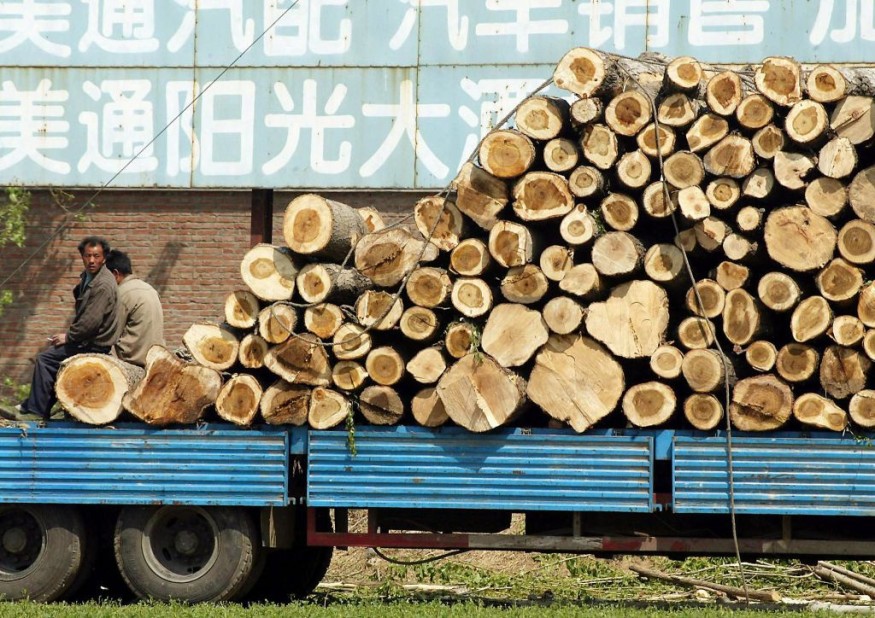Forests are the lungs of the planet, providing oxygen, regulating climate, and hosting biodiversity. Yet they are under threat from deforestation, driven by the demand for commodities such as soy, palm oil, and beef. What can the world's business and finance sectors do to reverse this trend and protect the forests?
The Power and Responsibility of Corporations

Corporations have a huge impact on forests, both directly and indirectly. They source raw materials from forested regions, process them into consumer goods, and distribute them across the globe.
They also influence the policies and practices of governments, suppliers, and consumers through their lobbying, marketing, and corporate social responsibility initiatives.
However, many corporations are not doing enough to ensure that their supply chains are free from deforestation.
According to a report by Global Canopy, a non-profit organization that monitors forest issues, only 14% of the 350 companies assessed have made strong commitments to eliminate deforestation from all their supply chains.
The rest have either weak, partial, or no commitments at all.
This is a missed opportunity for corporations, as they could benefit from adopting more sustainable supply chains.
For instance, they could reduce their reputational and operational risks, improve their access to finance and markets, enhance their brand value and customer loyalty, and contribute to the global goals of climate action and biodiversity conservation.
The Role and Influence of Financial Institutions
Financial institutions are another key player in the forest sector, as they provide the capital and credit that enable corporations to operate and expand.
They invest, lend, and insure billions of dollars every year to companies that are involved in forest-risk commodities, such as soy, palm oil, and beef.
However, many financial institutions are not taking adequate measures to assess and mitigate the environmental and social risks associated with their investments.
According to the same report by Global Canopy, only 30% of the 150 financial institutions assessed have made strong commitments to avoid financing deforestation. The rest have either weak, partial, or no commitments at all.
This is a short-sighted approach for financial institutions, as they could face significant losses and liabilities if they continue to support deforestation.
For example, they could suffer from stranded assets, impaired loans, reduced returns, legal disputes, regulatory sanctions, and reputational damage.
They could also miss out on the opportunities and incentives offered by the growing market for green finance and sustainable investments.
The Need and Potential for Change
The business and finance sectors have the power and responsibility to reverse deforestation and protect the forests. They also have the incentives and benefits to do so. However, they need to act more decisively and urgently, as the window of opportunity is closing fast.
There are several actions that these sectors can take to make a positive difference. For instance, they can:
- Adopt and implement clear and comprehensive policies and standards to eliminate deforestation from their supply chains and portfolios.
- Engage and collaborate with their stakeholders, such as governments, suppliers, customers, civil society, and indigenous peoples, to promote and support sustainable forest management and restoration.
- Disclose and report on their forest-related impacts, risks, and opportunities, and align them with the international frameworks and targets, such as the Paris Agreement, the Sustainable Development Goals, and the New York Declaration on Forests.
- Innovate and invest in new technologies, products, and services that reduce the pressure on forests and enhance their value and resilience.
By taking these actions, the business and finance sectors can not only save the forests, but also secure their own future and prosperity.
Related article: Deforestation Continues To Soar Despite Global Promise To Halt It
© 2025 NatureWorldNews.com All rights reserved. Do not reproduce without permission.





